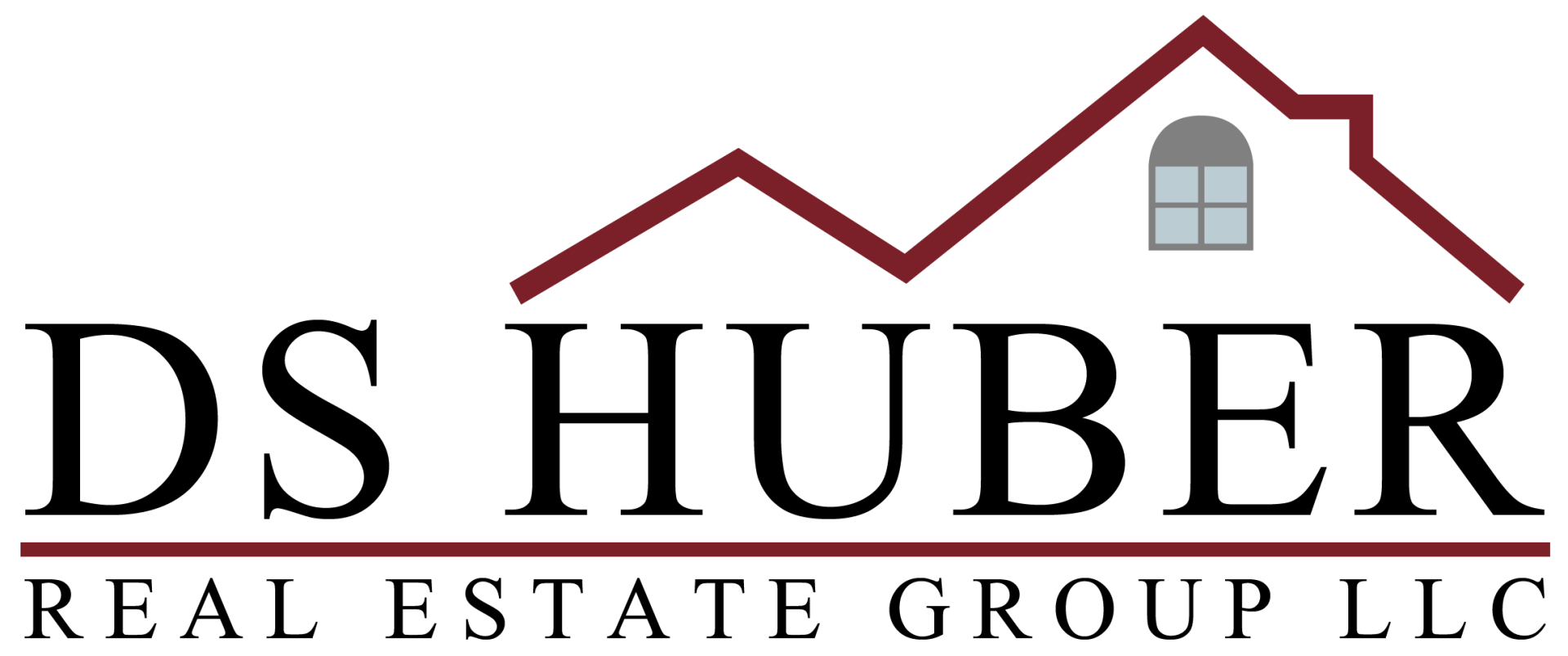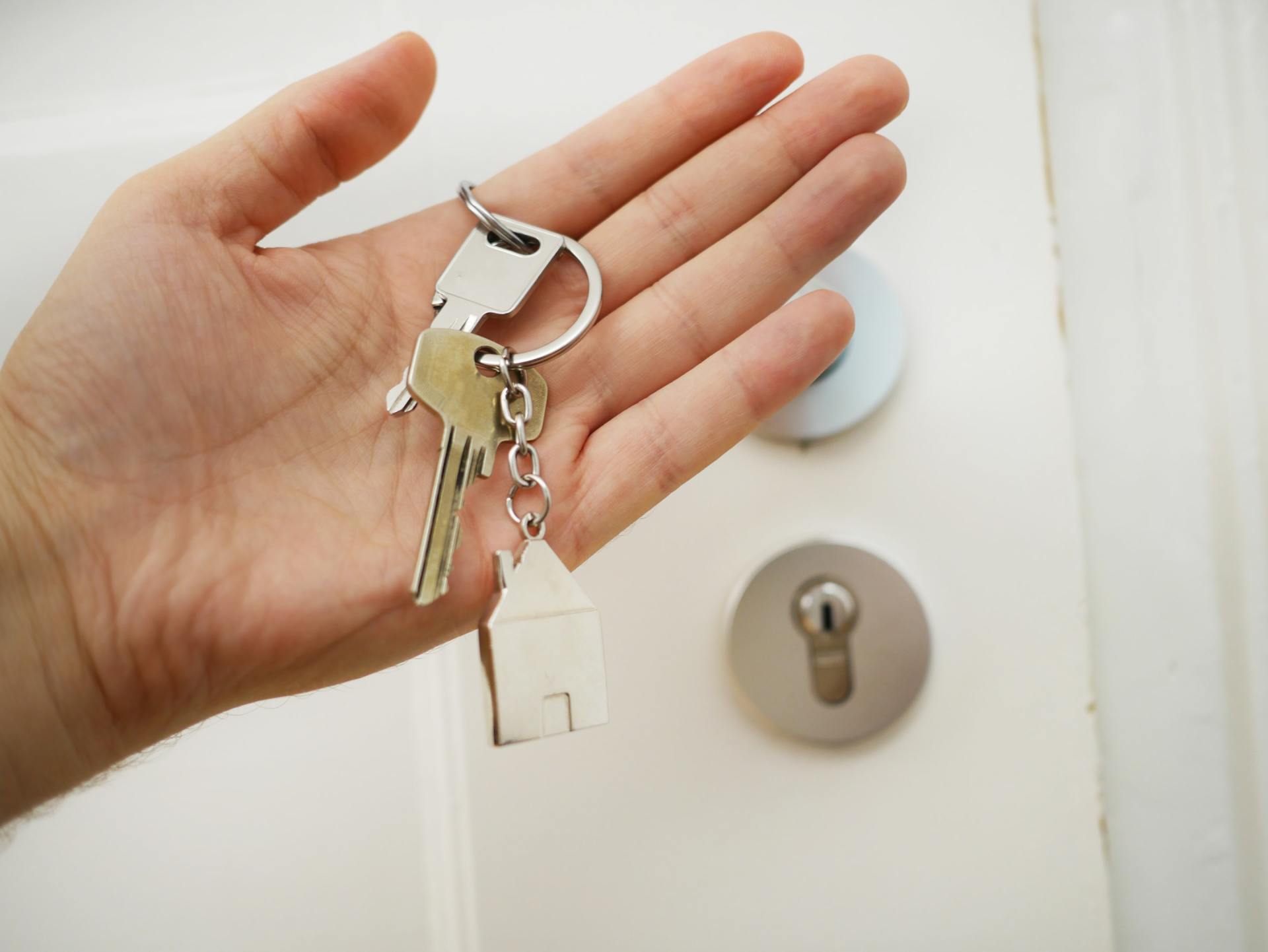Blog
Read our latest blog posts below!

I am often asked the question: “Should I invest in long term rental properties or in flip properties?” The answer to this question is simple, but it is dependent on your goals and plans. I personally own plenty of rental homes and have been involved in numerous flips. Our company specializes in acquiring and managing both flips and rentals. I’m very biased toward one but understand the importance of both in a strong investment portfolio. To determine which best fits your goals, we need to understand the difference between active and passive income: Active Income is earned by your direct activity in performing a service. This includes wages, tips, salaries, commissions and income from business which requires your participation. Passive Income is earned on an ongoing basis with little or no ongoing effort. This includes income from investments in items such as stocks and bonds, royalties and rent from rental properties just to name a few. I’m going to go out on a limb here and say flipping is not investing in real estate. Now don’t hang me yet! If you are flipping homes, you are creating active income. Income derived from flipping is generally taxed as self-employment income. Don’t get me wrong: you can flip homes and make great money doing it. You can even create a business flipping homes and make a great living but at the end of the day you still don’t have an investment from this activity. You have the active income you have earned as you would with any other job or self-employment situation and you have to do it over and over again to keep the income coming in. Owning rental properties, on the other hand, pays off in many ways over a long period of time. Again, if the properties are purchased and managed properly you will receive passive income year after year. One of the additional cherries on top is appreciation. Typically, over a given period your properties will increase in value as the market increases. If you buy the properties correctly, you create equity at the purchase and through the initial renovation process. (Disclaimer: the following is not to be construed as tax advice. I’m a residential real estate investment expert, not a tax expert.) Some of the common tax benefits derived from rental property are: expenses from interest, travel insurance, and repairs, to name a few, and many other expenses are tax deductible. Depreciation, long term capital gains rates vs short term, and may others can be included on your tax returns. There are pros and cons involved in both flipping and rentals. Flipping Pros You can make a lot of money in a short period of tim You will gain experience in construction and rehabbing You will increase your network: you will need and use many good contacts from contractors, real estate agents, building inspectors, insurance brokers, attorneys, lenders, etc. Prestige with your friends after completing a successful flip Cons Losing money. This happens to inexperienced flippers all the time due to items unaccounted for in the initial analysis, such as unanticipated expenses including building permits, unexpected repairs, contractor issues and delays, utilities, property taxes, selling costs, and many others. If these things are not accounted for they will chip away at your bottom line and forget about to many of them and the bottom line is gone. Stress. There is no way around it: flipping is stressful and time consuming. Getting capital for flipping is usually very tough and expensive. Rental Pros Long term passive Income Financing is easier to get then with flipping Conservative leverage or the use of other people’s money, notice is said conservative leverage. That is an entirely different article. Many tax advantages Typically, a very stable investment with increases in property value and rent Cons Investments in rental property are not liquid. Markets can change dramatically, affecting the value or rentability of your property. Dealing with tenants and maintenance. If your goal is to create income relatively quickly to replace a day job or just to have extra income, flipping is a great choice. If you are looking to create long term passive retirement income, long term investment rental properties is a great choice. OR you could do both! Many of our clients and I myself employ a strategy of using income from flipping properties to create the capital needed to acquire rental properties, allowing us to create the long-term income many people desire.

Sara and I bought our first investment property in Lansing Michigan on October 13, 2005. Form that day forward life would never be the same. You can ask my wife: she will verify that! We spent many late nights after our regular jobs painting, laying flooring, hanging blinds, fixing broken things, cleaning, cleaning, and more cleaning. For those of you that manage and maintain your own rental properties, you know what I’m talking about. We did this for a few years. As our portfolio grew, we added maintenance help. Adding maintenance help allowed us to focus and do a better job of leasing. After a few more years we hired leasing help, which allowed us to focus more on our management process and being more effective. The one thing that I regret is not hiring out these tasks earlier: doing so would have allowed me to focus more on finding money for new deals and finding new great deals. I was so hung up on “I can do it the best and I can save money by doing it myself” that I overlooked my true special ability: finding funding and great deals to grow my portfolio. This brings me to a question I get asked all the time; “How do I know when to hire a property manager”? After many years of doing it myself, building a management company, and working for over 90 property owners I have 2 simple questions for you to ask yourself. The first is simple: Can I make more money focusing on my career, which would allow me to grow my portfolio faster? You may be thinking that the answer to this would be yes for everyone, but it is not the case. Many investors I know have built a large enough portfolio to leave their traditional job and focus on managing their portfolio as their job, and they do very well at it. If you are in this situation and enjoy what you do and don’t mind the time it takes, then hiring a manager is not for you. However, if you can make more money doing what you know best or want to enjoy time with your family or friends, it is time to hire a property manager. The second question is a little more in-depth and has 3 parts to it. This series of questions focuses more on the financial well-being of your portfolio. They focus on the question “Can I make more money on my portfolio if I don’t do it myself?” The first part addresses vacancies: Are my properties vacant more than 30-45 days when a tenant moves out? This is a huge consideration. Most self-managed properties are vacant 60-90 days. As an example, I’m going to use an average rent of $800. If a good manager can reduce your vacancies from even the low end of 60 days to 30 days that is an extra $800 every time the property is vacant. This covers almost a years’ worth of management fees. If we look at the 90-day side it is an extra $1600, which would make a huge impact on most portfolios. We have talked with and worked with many owners whose properties were vacant more than 90 days between tenants. This is not uncommon in the self-managed world. The second part addresses market rent. Ask yourself: Do I know what market rent is for my properties? On average the properties that we take over from self-managed portfolios are getting 13% below the amount that we can re-lease the properties. In our quickly changing market, if you are not involved in leasing properties on a daily or weekly basis it is tough to keep up with what potential tenants are looking at and what they are willing to pay for a rental unit. If a good manager increases your rent by more than the monthly fee they charge, this makes management more than free, and even puts more money in your pocket, than without a manager. The third part addresses maintenance. Ask yourself: "Am I paying retail when I have to call a maintenance person for general maintenance or a contractor for renovations or repairs that need a licensed person?" If you are, the savings could be huge if you use a good manager. A good manager will have ongoing relationships with vendors that offer preferred pricing. The savings on maintenance alone could easily pay for the services of a good manager. One other thing that could be more important than the savings is a good manager will only use insured vendors. If you are not using insured vendors and there is an incident involving your property, this choice could be very costly to you and your portfolio. If you are considering hiring a property manager, take a hard look at these questions and the answer should be very clear. When most rental property owners look at these questions it is very clear as to whether they could benefit from a good property manager. As a good property manager, I hear on a regular basis and I love to hear our clients say “ I wish I would have hired a manager sooner! we are now making more money and we don’t have any of the headaches.” If you are considering hiring a property manager give me a call. I am happy to talk with you about what is involved.



